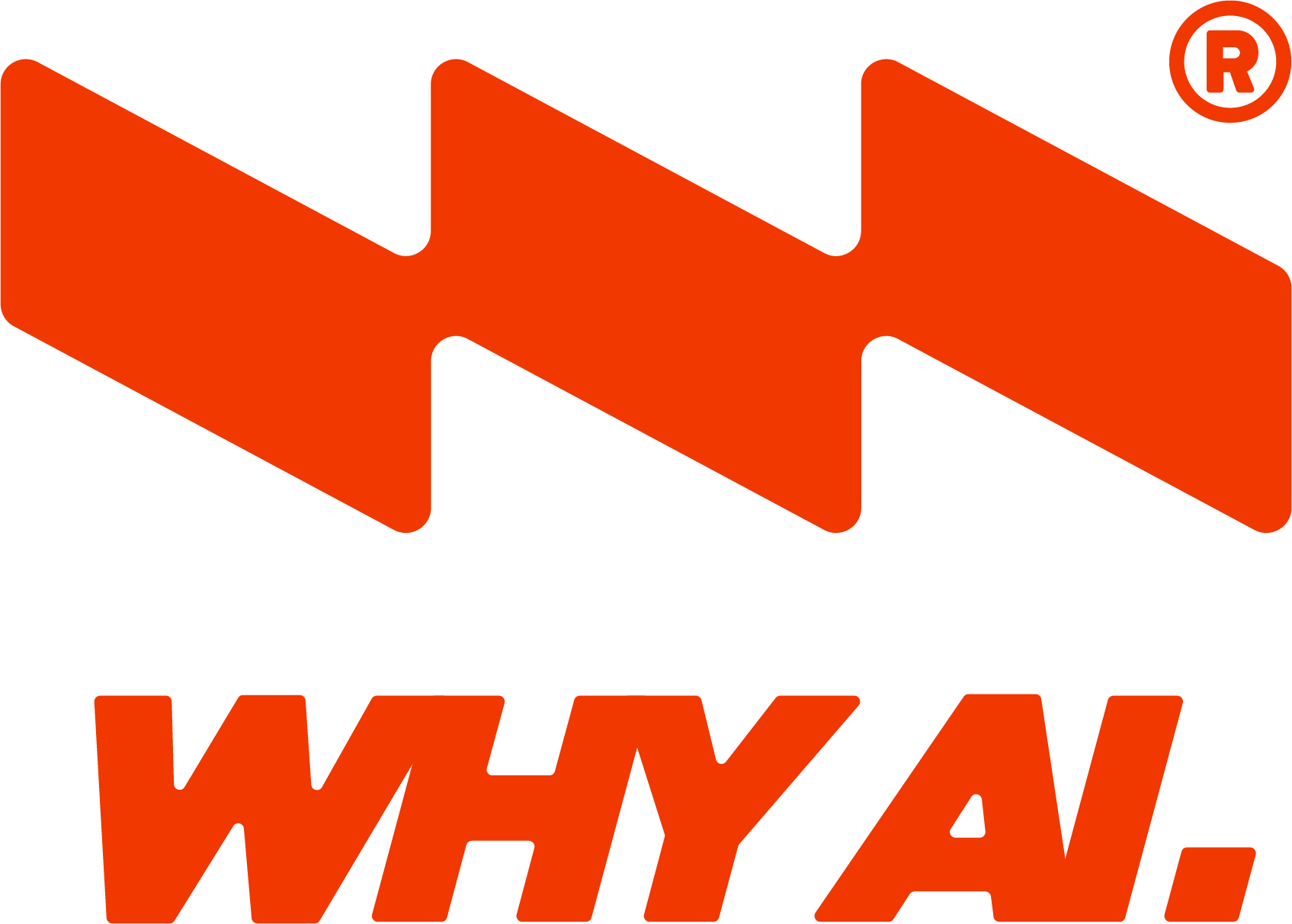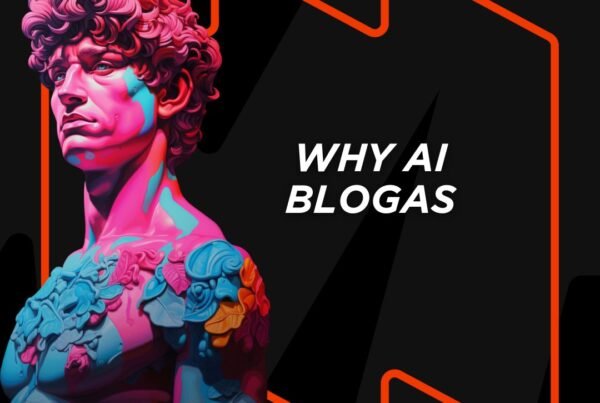Just 10 years ago, agents helping to run business processes and working in place of several colleagues would have sounded utopian. Now, on the other hand, Artificial Intelligence (AI) agents act as software systems that perform tasks autonomously, using sensors to gather information, algorithms to make decisions and actions to take action. They are able to learn, adapt to changing environments and act without human intervention.
In today’s business environment, IoT agents are becoming increasingly important – optimising processes, saving time and delivering better results. It’s just a matter of understanding and choosing the right agents for your business.
Types of IoT agents
There is a wide variety of IoT agents, categorised according to their principles of action. To make it easier to understand IoT agents, here are the three main types of IoT agents:
- Goal-based agents. These agents make decisions with a specific goal in mind. They analyse data, evaluate possible actions and choose the most effective strategy. For example, for a personal training or nutrition programme, IoT agents create personalised plans based on your goals.
- Utility-based agents. These agents not only pursue a goal, but also evaluate the usefulness of each decision according to various criteria. They optimise solutions in terms of convenience, cost or efficiency. For example, IoT-based price dynamics systems in e-commerce adjust prices to be competitive and profitable.
- Learning agents. They are cutting-edge agents who are constantly learning from experience and improving their performance. They can identify fraud in the financial sector, filter unwanted emails or improve the quality of customer service by analysing consumer queries and improving responses.
How do IoT agents work?
IoT agents are aware of their computing environment, make decisions and take actions to achieve their goals. They act autonomously, learn from experience and adapt to new situations over time. Almost like humans, right?
The principle of IoT agents is based on three steps:
- Data retrieval – the agent receives the user’s request in text or voice.
- Processing – the language model analyses the query, understanding its meaning and context, based on huge sets of previously processed data.
- Response generation – the agent formulates a response and presents it to the user in text or voice.
Key components of an IoT agent
The IoT agent collects data through sensors, analyses it using a decision engine, executes actions through control systems and learns from mistakes through its own learning mechanism. Read more about the components of an IoT agent:
- Sensors. The IoT agent usually receives information about the environment in text format. This can be plain text in natural language, semi-structured data, charts, graphs in text format, data in tables, etc.
- Implementers. Most language models provide textual output, and then developers integrate this data into other systems, e.g. to execute API queries or automate processes.
- The decision-making engine (the “brain”). The “brain” of the IoT agent is the big language model itself. Its task is to make rational decisions according to the intended objectives and to optimise performance. If necessary, it receives feedback from the environment, adjusts its actions and adapts to new circumstances.
IoT agents, IoT workflows and automation: how do they differ?
Although AI agents are often confused with AI workflows or automation, it is useful to be able to distinguish between them:
- Automation is the execution of pre-programmed tasks. Business automation is fast and reliable, but cannot adapt to new situations.
- IoT workflows are automation processes that use IoT models such as ChatGPT. They provide flexibility but still fall within certain frameworks.
- IoT agents are autonomous systems that solve complex, unpredictable tasks. They work best when they need to learn and adapt to new conditions.
If you just need to schedule simple tasks, say, automation will be the best choice. However, if your business needs to deal with problems that you haven’t anticipated, IoT agents will be better suited.
Can large language models (LLMs) act as IoT agents?
Although not fully autonomous, large language models play an important role in modern IoT agents. They are capable of processing and generating text and performing complex tasks such as text translation, code correction or even data analysis.
LLM’s billions of parameters that allow them to assimilate real-world knowledge enable IoT agents to understand context, generate responses and execute instructions without special training.
However, while LLMs can perform many functions, they still lack full autonomy. They require a human touch and are not capable of making decisions on their own without external guidance.
For this reason, ChatGPT is not fully autonomous – it requires user input at every step, so it is not an IoT agent per se. ChatGPT is well suited for general use, content creation and chat, while specialised agents are better at processing real-time data and integrating with systems.
Examples of DI agents
We guarantee that no matter what business you’re in, you’ll find DI agents to help you with the tasks you need. Here are a few examples of the many IoT agents:
- Sales and marketing IoT agents automate customer prospecting, segmentation and marketing strategies. Agents such as Agent WordLift, CustomerFinderBot, Mentio, etc. can analyse consumer behaviour, create lists of potential customers, send personalised emails and optimise promotions. They also predict market trends and help develop more effective sales strategies.
- IoT customer service agents such as chatbots and virtual assistants can automatically respond to queries, manage accounts, handle returns and offer product recommendations. They also analyse customer problems and can solve them for you. Some of the more popular agents are Kommunicate, Help Scout or HubSpot Service Hub.
- El. IoT commercial agents automates the shopping process – you can order products, track deliveries, send reminders about forgotten baskets, optimise pricing, analyse consumer buying habits or make personalised product recommendations. All this will help you increase sales while saving time.
- Dynamic pricing systems are used by IoT agents in areas such as, for example, transport services or airline tickets. They adjust prices in real time according to demand, competition, time of day or even weather conditions!
- Content recommendation systems on platforms such as Netflix and Spotify use IoT agents that learn from users’ habits and offer tailored content. After all, it is not for nothing that these platforms sometimes seem to read minds and recommend exactly what we want to hear or watch.
- Fraud prevention systems, commonly used by financial institutions, use agents to detect and prevent fraud. Such IoT agents analyse transaction data, identify suspicious patterns and block potentially fraudulent transactions, reducing fraud by up to 70%.
Some of the most popular IoT agents
The development of AI agents can be carried out on a variety of platforms that allow automation of tasks, integration of language models and control of workflows. Here are some popular tools:
- n8n is an open-source automation platform that enables the creation of IoT agents by combining different APIs, data sources and IoT models. With n8n you can automatically monitor social networks, analyse comments or send messages to Slack.
- CrewAI allows you to create and manage teams of IoT agents, where each agent has its own role and functions. An example of how this works is a team of agents where one analyses market data, another generates reports and a third sends them to clients.
- Relevance AI is for IoT analytics and insights. It is ideal for analysing customer feedback by automatically categorising reviews and generating insights on customer satisfaction.
- Voiceflow’ s voice and chat IoT agents can work as your virtual assistant that makes restaurant reservations based on voice commands.
Why does your business need a DI agent?
IoT agents help you save time, reduce costs and increase efficiency – what business doesn’t want that? And agents don’t just perform tasks, they learn how to perform them better. This means your business can adapt to change faster and perform better in a competitive market. Are you ready to implement IoT agents in your business? If you need help, the IoT training will give you all the answers about implementing IoT agents.

